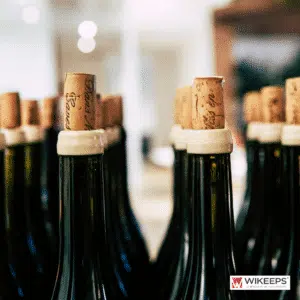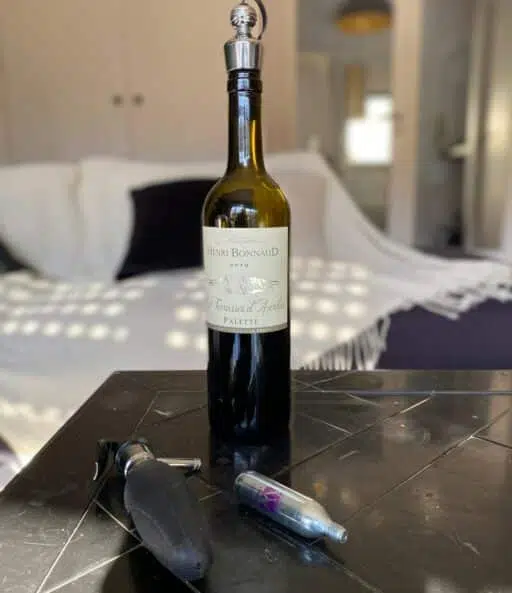Introduction
The quality of any bottle of wine is inextricably linked to its cork. Traditionally made of cork, the wine industry has seen the emergence of new alternatives such as synthetic corks and screw caps, sparking outrage among purists. Let’s take a look at the different features of these caps.
Corks: The Indispensable Tradition
Primarily used for wine, champagne and spirits, cork stoppers are the industry standard. Their main function is to seal the bottle, while allowing a slight “breathing” or exchange of air between the inside and the outside of the bottle, a phenomenon crucial for the preservation of wine.

The Role of Size and Permeability
Depending on their size and permeability, corks can influence the aging of wine. Short and permeable corks accelerate this exchange and the aging of the wine. In contrast, long caps of good quality slow down the process.
Their flexibility is also an important factor: after being compressed to enter the neck, they must recover their shape to ensure a good seal.
Disadvantages of cork
Despite their advantages, corks have their drawbacks, including the risk of wine contamination, known as “cork taint”, and the risk of leakage.
Synthetic Corks: A Modern Solution?
In order to remedy these problems, synthetic corks have appeared. Usually made of polyethylene, they also allow air exchange, although the quality of this exchange is lower than that of cork.
They are therefore more appropriate for young wines with low aging potential. However, they are not free from contamination risks, even if this phenomenon is rare.
Screw Caps: An Innovative Alternative
Screw caps offer another modern solution, almost completely eliminating the risk of contamination. Gas exchange is greatly reduced, but still present. However, their acceptance largely depends on consumers’ willingness to ditch their trusty corkscrew.
Wine Preservation and Service
Whatever type of cap you choose, Wikeeps preservation and service systems are compatible with all of them. These systems allow you to enjoy your wines up to 20 days after opening the bottle.
Conclusion
Each type of cork has its pros and cons, and the choice will largely depend on personal preference and wine storage requirements. To learn more about our products and the latest news, follow us on Facebook and Twitter. See you soon !

